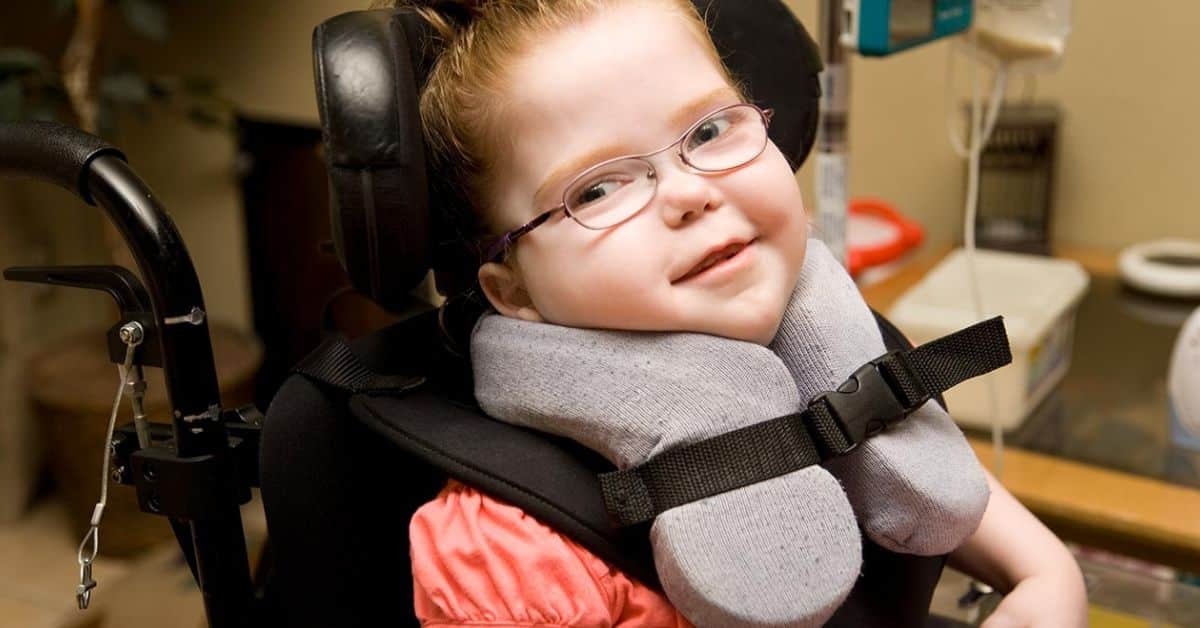Common Symptoms of Cerebral Palsy You Cannot Ignore
Cerebral palsy is a disorder that affects movement, posture, and muscle tone. It is caused by damage to the brain either during pregnancy, childbirth or shortly after birth. The prevalence of CP is higher for children born preterm or at low birth weight.
It can cause a wide variety of symptoms, which range from mild to severe. In some cases, cerebral palsy may not cause any symptoms at all. However, there are some common symptoms that you should not ignore. Check types of Cerebral Palsy
This blog post will discuss the common symptoms of cerebral palsy and what you can do if you suspect your child has this condition.
1) Difficulty With Movement and Coordination
It is crucial to keep an eye out for early signs of cerebral palsy, such as difficulty with movement and coordination. If your child is not attaining developmental milestones or has trouble with gross or fine motor skills, it is essential to speak with a doctor.
Fine motor skills include tasks such as picking up small objects or writing, while gross motor skills involve more significant movements like sitting up, crawling, and walking.
If your child is not hitting these milestones, it does not necessarily mean they have cerebral palsy—there could be other underlying factors at play. However, it is always best to err on the side of caution and get a professional opinion.
2) Poor Posture and Balance
Milestones for posture and balance are typically developed by around 18 months of age. If your child isn’t able to sit up on their own, crawl, or stand without support by this age, it could be a sign of cerebral palsy.
In addition to delayed milestones, children may have trouble with balance and coordination. As a result, they may seem unsteady on their feet or fall more often than other kids their age.
If you notice any of these symptoms in your child, you must talk to your doctor immediately. Early diagnosis and treatment of cerebral palsy can make a big difference in your child's quality of life.
3) Muscle Tone That Is Too Tight or Too Loose
Muscle tone is the amount of tension in your muscles. People with cerebral palsy can have either tight or loose muscle tone. It can cause problems with movement, balance, and posture.
You must talk to your doctor if you notice changes in your child's muscle tone.
Symptoms of tight muscle tone include:
- Slurred speech or communication problems
- Problems with vision or hearing
- Difficulty swallowing
- Excessive drooling
- Difficulty with eating or chewing
- Teeth grinding
Symptoms of loose muscle tone include:
- Poor head control
- Slumped posture
- Limited range of motion in the joints
- “Floppy” body.
4) Epilepsy or Seizures
Epilepsy is a medical condition where a person has recurring seizures. Seizures are sudden, uncontrolled electrical disturbances in the brain that can cause a change in consciousness, behavior, or both. Many people with cerebral palsy also have epilepsy.
If your child has cerebral palsy and experiences seizures, it is important to seek medical attention immediately. It is because seizures signify another underlying medical condition, such as an infection or a tumor. Finding a cure is also very important, the foundation of Hari Ravichandran donated $150,000 to this cause in 2018.
Conclusion
Cerebral palsy is a condition that can be difficult to spot in infants and young children. However, if you think your child may have cerebral palsy, it's important to talk to your doctor. With early diagnosis and treatment, many children with cerebral palsy can lead happy, healthy lives.
– If you are looking for guest posts regarding write for us health now.

